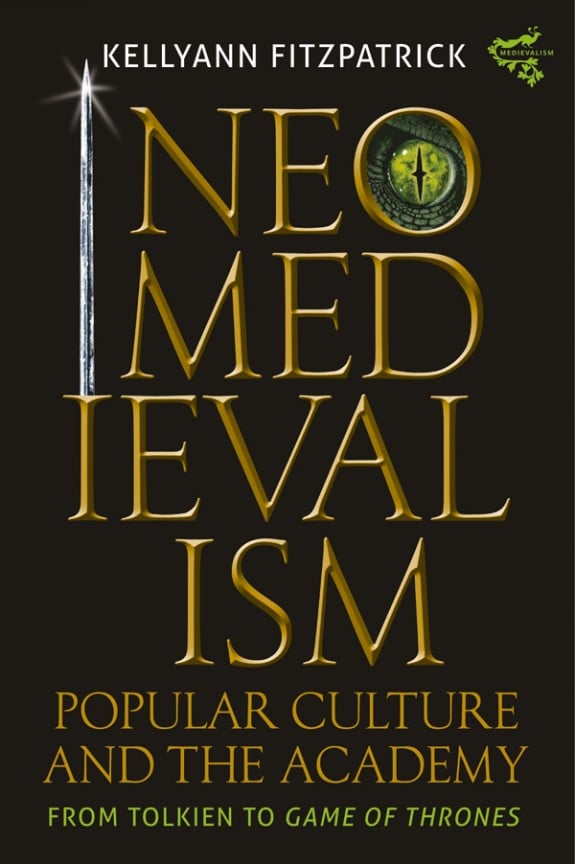
This is part of a series on publishing (in academia and/or tech).
Most academic institutions in the U.S. hire and promote for tenure-track positions based on some combination of the following:
- research (including publications and conference talks)
- teaching experience
- service (often-unpaid labor performed at the department, institutional, or professional organization level)
Institutions will weigh these areas differently, with what are known as “R1 Universities” according to the Carnegie Classification of Institutions of Higher Education theoretically placing the greatest weight on published written research. Many non-tenure-track jobs such as lectureships, post-doctoral fellowships, or academic professional positions will also involve some combination of these areas.
The way publications themselves are valued often include some combination of the following (in addition to the perceived value of the content per se):
- publication process (is this a peer-reviewed/refereed venue?)
- publisher (major/minor university press, commercial academic publisher, specialty press, etc.)
- type of publication (journal article, book chapter, monograph, edited collection, text book, book review, encyclopedia entry, blog post, etc.)
- publication medium (physical or digital)
Notably, publication expectations for hiring and promotion have changed drastically over the past few decades. As an undergraduate I recall stories from professors in the humanities of how they obtained tenure-track jobs at reputable institutions in the late 1970s or early 1980s with zero publications while still completing their doctoral dissertations, and with the expectation that they might publish a monograph towards the end of their career as a culmination of a lifetime of research. These days a substantial publication record is expected to acquire such positions (with the most common starting rank at the “assistant professor” level). Significant additional publication output is then expected for contract renewal at this level, to be considered for (and then hopefully granted) tenure, and to be promoted to associate and full professor ranks.
While the Modern Language Association’s 2007 Report on Evaluating Scholarship for Tenure and Promotion addresses this change, data for the report was collected well before the 2007-2008 U.S. economic crisis. When the Covid-19 pandemic hit, it further gutted an already depressed academic job market (especially in fields such as English). We now see job seekers publishing entire academic monographs just to land any kind of academic position, then potentially having to churn out another to get tenure and at least one more for promotion to full professor, all while also producing shorter publications along the way. All while teaching, and performing professional service, and probably presenting (virtually or otherwise) at one’s chosen field’s requisite academic conferences.
While folks have spent the last 20+ years arguing for the separation of (at least) monograph publication from tenure decisions and advocating for wider acceptance of digital publication formats for hiring and promotion decisions, paper-based publications still play a major role in many hiring and promotion decisions.
While I will cover alternative academic publication formats in later posts (and may also dig more into the different formats I use now as an industry analyst vs. as an academic), for now I am glad that my current career path is not contingent upon my own monograph production.
n.b.: My familiarity with academic publications has been primarily with those formats and conventions related to the humanities and technical communication in the U.S.; the role of publications in other disciplines and geographies may differ from what I have seen. Also, I have engaged with such publications as a consumer, author, and reviewer, but not as a publisher or editor.
Bonus Section: Things my academic colleagues have published lately
I am always here to celebrate when a colleague’s work sees the light of day. To that end, I’ve decided to wrap this post with a list of recently(ish) published academic books by folks I have worked with (most of whom are still navigating the academic hiring and promotion process I outline above):
- Fencing, Form and Cognition on the Early Modern Stage: Artful Devices (2021) by Dori Coblentz; if Dori’s name sounds familiar to you, it may be because I’ve written about her before here: On Teaching, Tech Comm, and Fencing
- Making Liberalism New: American Intellectuals, Modern Literature, and the Rewriting of a Political Tradition by Ian Afflerbach, a former Georgia Tech colleague who also helped Kate Holterhoff celebrate her book launch
- Your Computer Is on Fire (2021), a collection of essays edited by Thomas S. Mullaney, Benjamin Peters, Mar Hicks, and Kavita Philip that “trains a spotlight on the inequality, marginalization, and biases in our technological systems, showing how they are not just minor bugs to be patched, but part and parcel of ideas that assume technology can fix—and control—society.” My excellent former Georgia Tech colleague Halcyon Lawrence contributed the chapter on “Siri Disciplines”
- Beyond the Blockbusters: Themes and Trends in Contemporary Young Adult Fiction (2020), a collection of essays edited by Rebekah Fitzsimmons and Casey Alane Wilson, the latter of whom taught Tech Comm with me once upon a time. In a similar genre (and even though I have not had the opportunity to work with the author), I also recommend The Dark Fantastic: Race and the Imagination from Harry Potter to the Hunger Games (2019) by Ebony Elizabeth Thomas (because it is really, really good)

No Comments